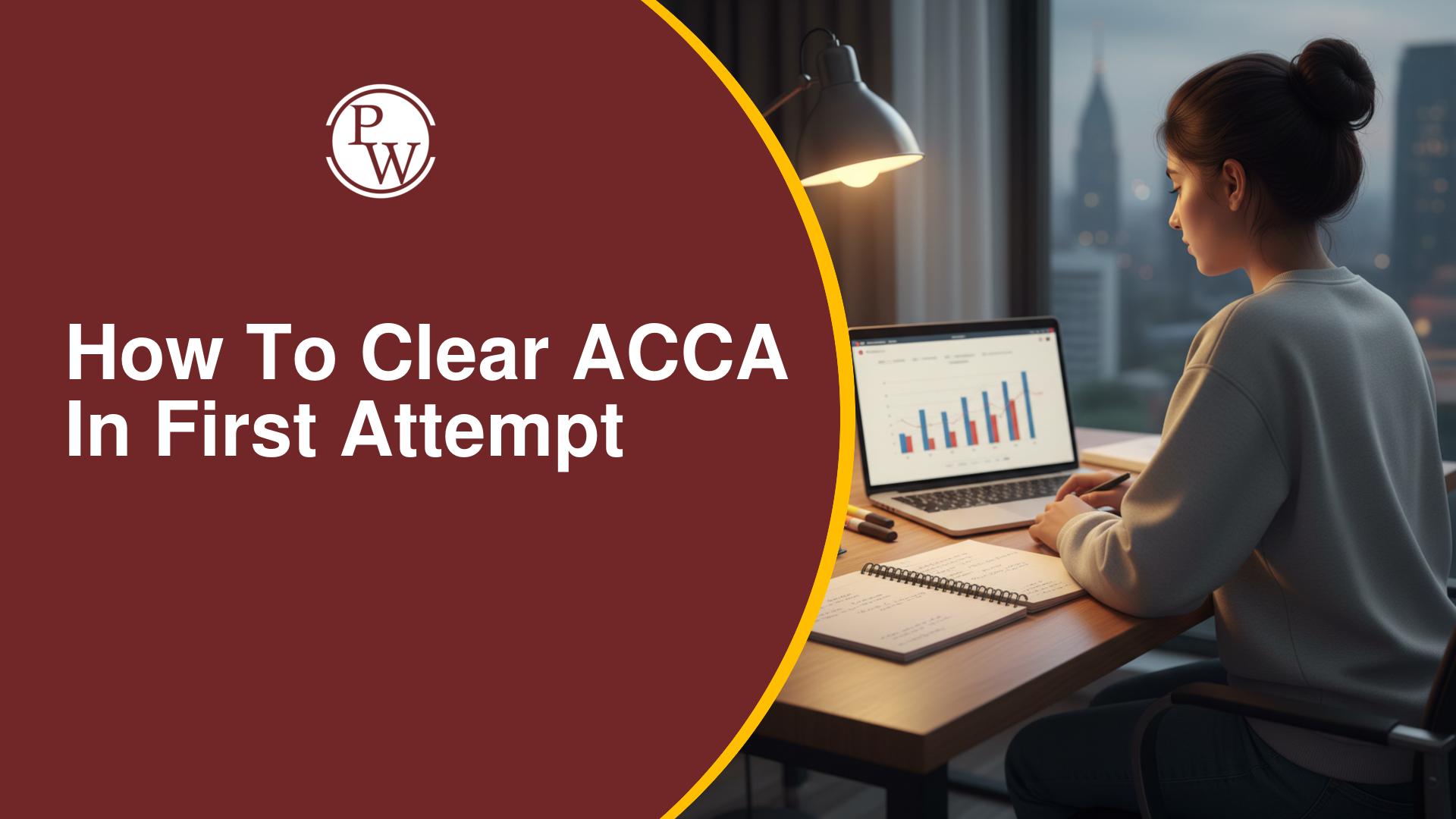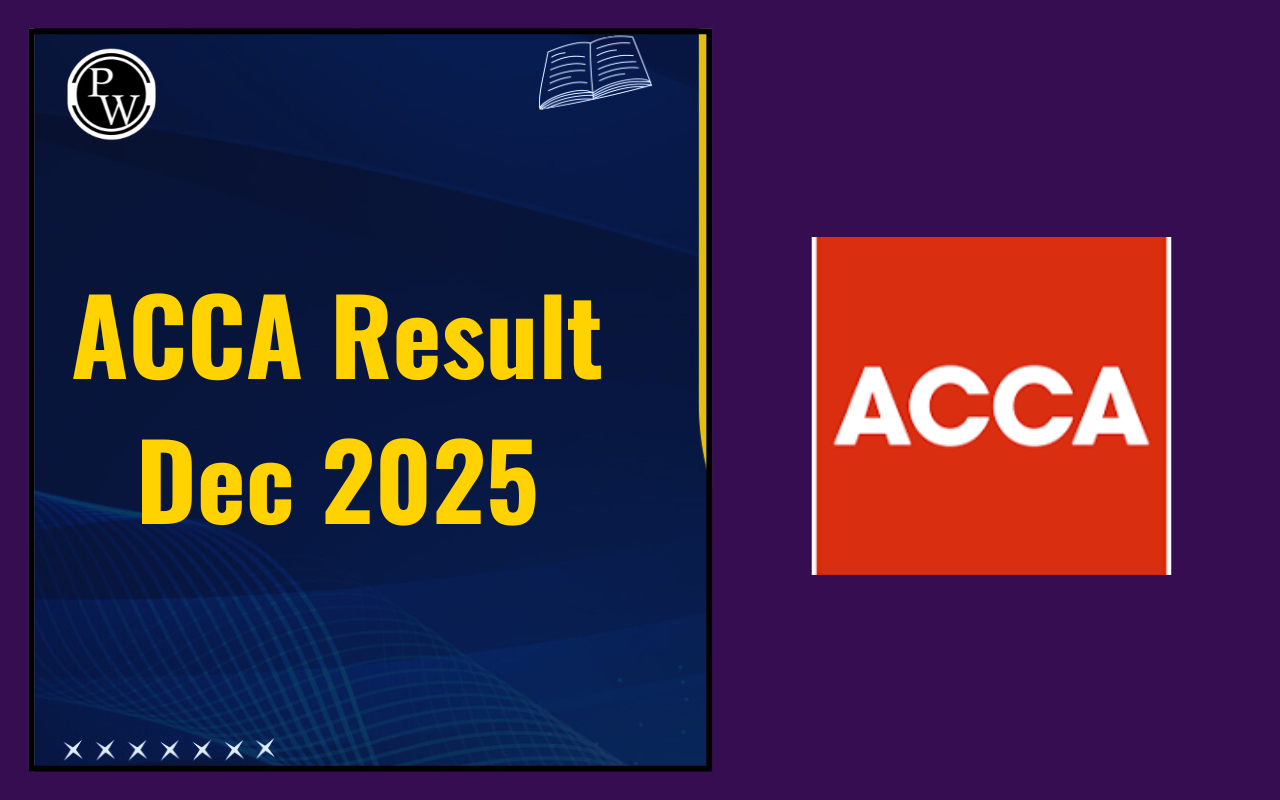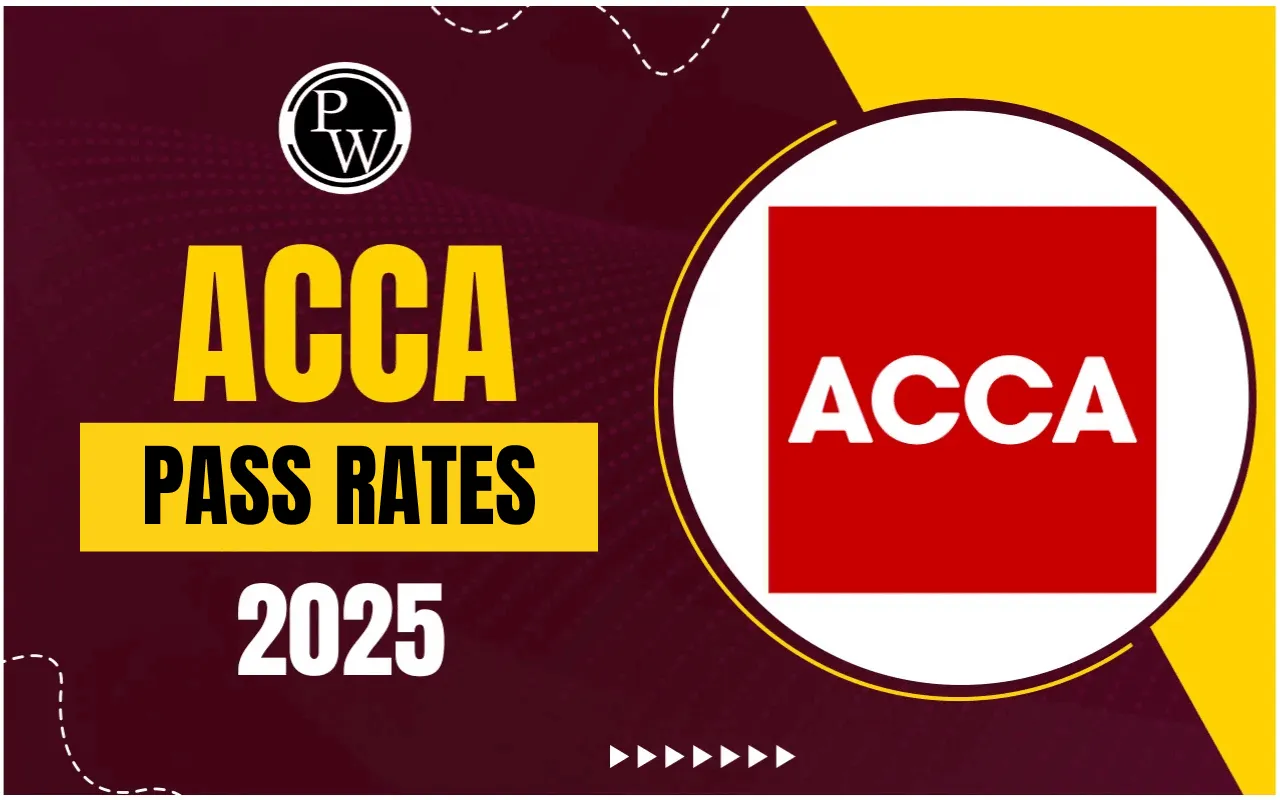
If you’ve ever dreamed of a global career in accounting and finance, chances are you’ve come across ACCA. But one question that continues to puzzle many students is: Is ACCA Equivalent to a Master’s Degree? This is more than just a comparison of titles; it’s about understanding the value, global recognition, and impact on your career.
Read here whether ACCA is equivalent to a master’s degree, help you make a clear choice, and empower you to chase your dreams confidently.
What is ACCA as a Professional Qualification?
Before diving into whether ACCA is equivalent to a master’s degree, it’s essential to understand what ACCA truly is. The full form of ACCA is the Association of Chartered Certified Accountants. It is a globally recognised professional accounting body based in the UK. Unlike a traditional university degree, ACCA is designed to equip students with real-world skills in accounting, taxation, auditing, and finance.
The structure of the ACCA course ensures you receive not just academic knowledge but also practical exposure to what’s happening in the financial world. Whether it’s international accounting standards or hands-on financial management, ACCA covers it all. This makes many students wonder: Is ACCA Equivalent to a Master’s Degree? The answer, as you’ll soon discover, is layered and intriguing.
How Does ACCA Compare with Traditional Degrees?
The debate over Is ACCA Equivalent to a Master’s Degree? becomes clearer when we compare the subjects, structure, and objectives of both.
Subjects and Curriculum
ACCA's curriculum includes financial accounting, management accounting, business law, taxation, audit and assurance, and financial management. These subjects are directly applicable to day-to-day business needs.
In contrast, master’s degree programs tend to be more research-oriented and may focus on broad academic concepts or managerial theories. While both offer deep insights, ACCA leans more toward applied knowledge, which is why many students are still curious whether ACCA is equivalent to a master’s degree.
Practical vs Academic Focus
One major point of difference lies in the approach. ACCA emphasises practicality, preparing students for real-life business scenarios. You’re trained to work, not just think. Master’s degrees, while valuable, often emphasize theory, research methodology, and academic frameworks.
Global Recognition
Here’s where ACCA shines. It is recognised in more than 180 countries. A traditional master’s degree, however, may be limited to the country or region where it's obtained. For those who want international mobility, the question Is ACCA Equivalent to a Master’s Degree? becomes all the more significant.
Also Check: ACCA Online Exam Issues Faced & Troubleshooting
Is ACCA Equivalent to a Master’s Degree?
The academic community doesn't officially classify ACCA as a master’s degree. However, in terms of technical depth, professional rigour, and global relevance, ACCA is often considered equivalent to a master’s degree by employers and industry experts.
Professional vs Academic Qualification
ACCA is a professional qualification, not an academic one. That means it doesn’t follow the same academic hierarchy (Bachelor’s - Master’s - PhD). But what it offers in real-world skills and job readiness sometimes outweighs what you get from a classroom-based master’s program.
Employers hiring for finance roles often treat ACCA as being on par with, or even superior to, a master’s degree because of the practical skills and global perspective it brings.
So, Is ACCA Equivalent to a Master’s Degree? Not officially in academic terms., but in career value? Absolutely yes.
Cost and Return on Investment (ROI)
Pursuing ACCA is generally more affordable than attending a university for a master’s degree. Tuition fees, living expenses, and the time cost of studying full-time make traditional degrees a heavier financial burden. In contrast, ACCA allows you to study while working, which means you can earn and learn simultaneously.
Salaries and Job Opportunities
ACCA professionals are in high demand. Whether it’s big four firms, multinational corporations, or startups, an ACCA qualification can open up lucrative job offers. While salaries can vary by location and industry, ACCA members often command paychecks that rival those of master’s degree holders in similar roles.
Career Flexibility and Growth
An ACCA qualification doesn’t just help you land a job, it helps you grow in your career. From junior finance roles to CFO positions, ACCA equips you for a lifelong career path. It’s no wonder students keep asking: Is ACCA Equivalent to a Master’s Degree? Because when it comes to career progression, it certainly feels like it.
Worldwide Recognition
One of the strongest points in favour of ACCA is its global appeal. Recognised in over 180 countries, ACCA prepares you for an international career. Traditional degrees might only be relevant in your home country or region.
So, when asking Is ACCA Equivalent to a Master’s Degree, think beyond your borders. ACCA might not be a degree in the strictest sense, but its power is undeniably global.
Local Equivalency in Some Countries
In some countries, ACCA is officially recognised as equivalent to a master’s degree. For example, the UK National Qualifications Framework equates ACCA to a Level 7 qualification, the same level as a master’s degree. Similarly, in some parts of the EU and Asia, ACCA is treated as a high-level academic qualification.
So, while it’s not a one-size-fits-all answer, the global trend is encouraging for those asking, Is ACCA Equivalent to a Master’s Degree?
Why Choose ACCA Over a Traditional Master’s Degree?
The following are some benefits of choosing ACCA over any Master’s Degree:
Flexibility in Learning
Unlike rigid university schedules, ACCA lets you learn at your pace. You can take exams when you’re ready, study part-time, or even self-learn with online resources. For working professionals or students with personal commitments, this is a game-changer.
Industry-Focused Curriculum
Every subject in ACCA has a direct application in the real world. From auditing to financial reporting, the focus is always on job readiness. It offers more than just a theoretical understanding.
Faster Route to Professional Success
A master’s degree might take two years full-time. ACCA, depending on your commitment, can be completed faster, especially if you have exemptions. That’s less time and money, but with equal (or greater) value.
| Also Check: |
| ACCA Exam 2025 Centre based VS Remote Based |
| ACCA Exam Difficulty Factors |
| How to Use a Calculator for ACCA Exams? |
| How to Prepare for Performance Management in Last 1 Month? |
FAQs
Is ACCA Equivalent to a Master Degree?
Can I do a Master after ACCA?
Is ACCA globally recognised like a Masters degree?
What is the duration of ACCA vs a Masters program?










